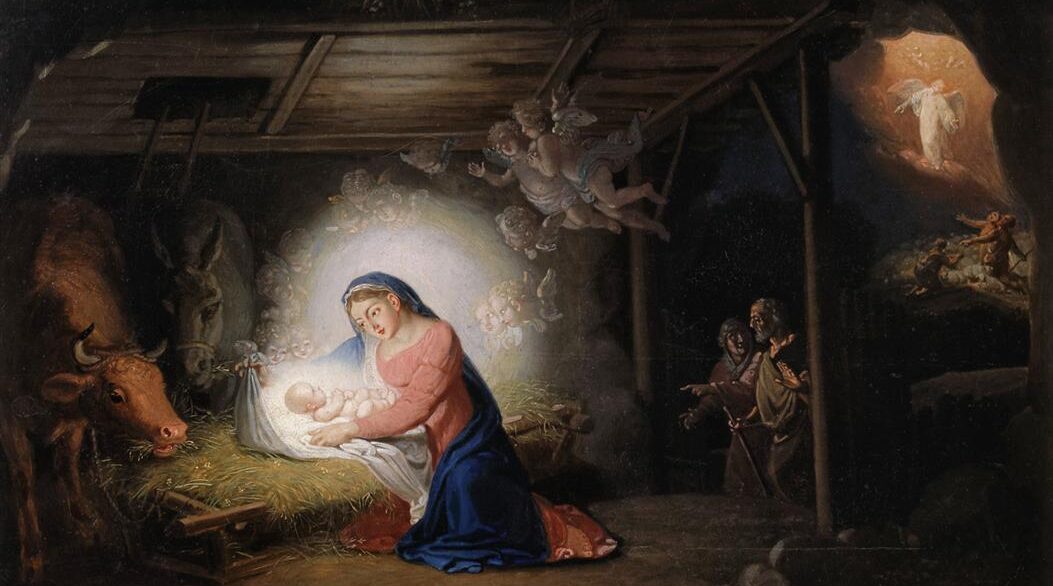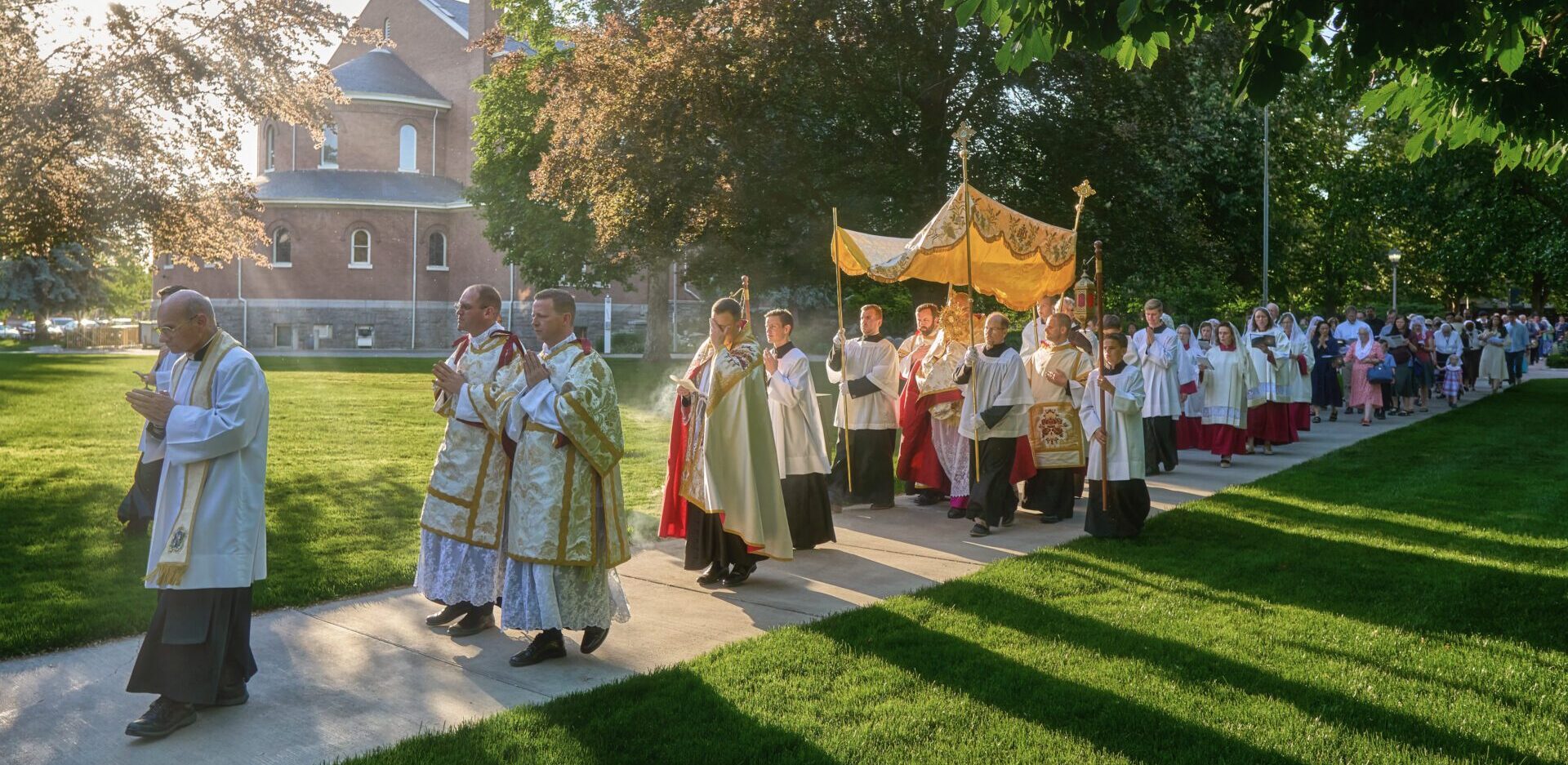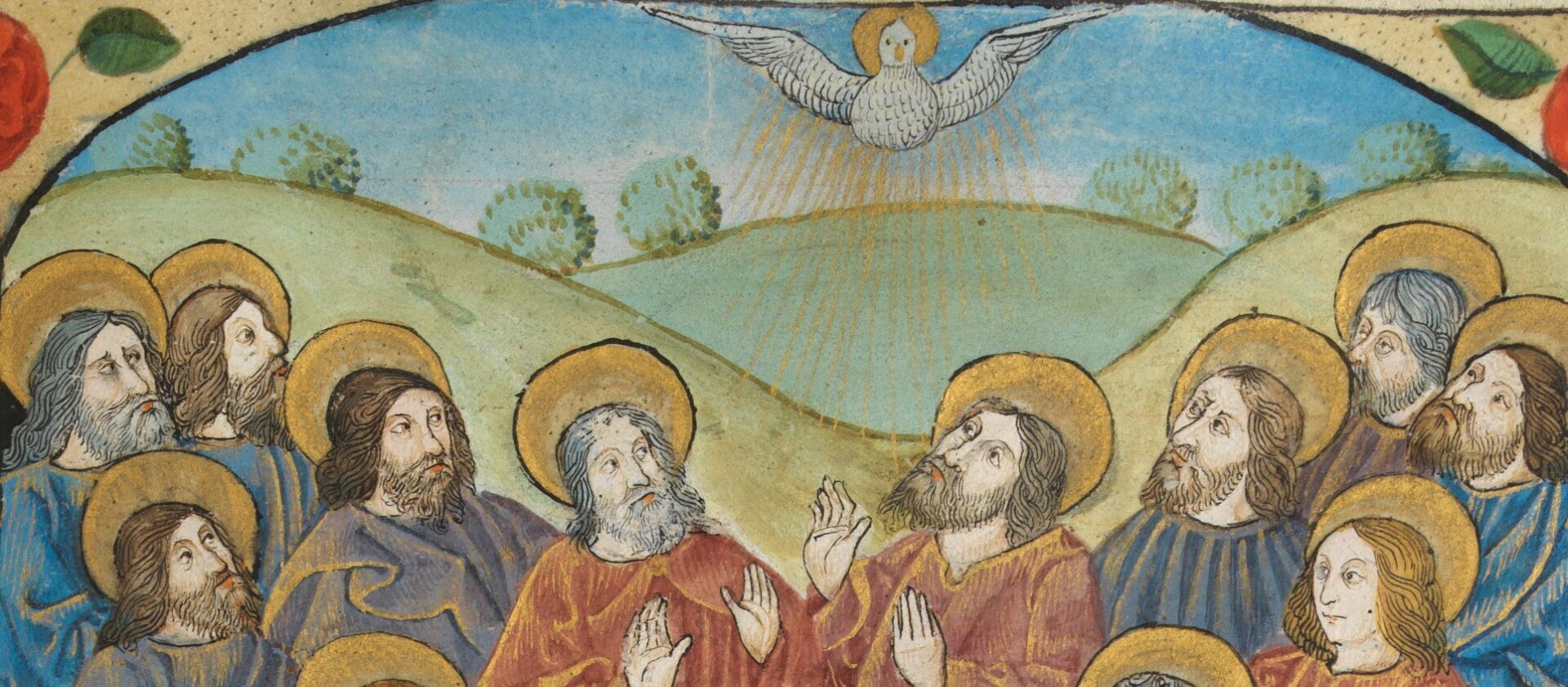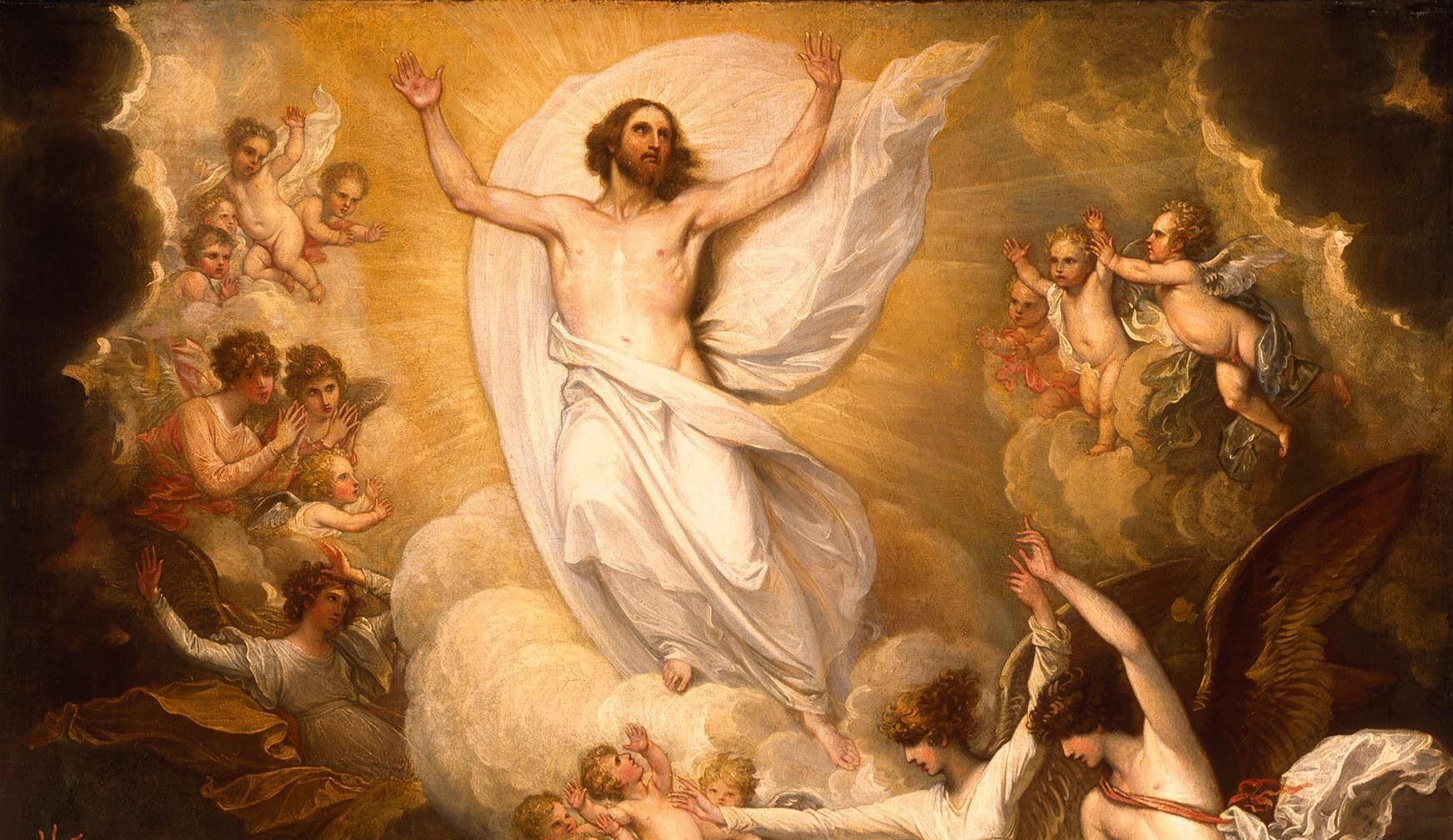One of the oddities of the political world in which we live is that things that are vaguely similar are commonly treated as if they were solidly identical. Now that same-sex “marriage” is in vogue, the polarity of the sexes is dissolved into a unicity. The same can be said of male and female, mother and father, husband and wife, which are currently regarded as equal and identical with each other. Identity reigns, distinctiveness disappears.
The federal holiday tagged on at the end of a weekend in February and known as “Presidents Day” has lumped all those who shared America’s highest office as being indistinguishable from each other, as if Washington and Lincoln were equally effective presidents as were Biden and Obama. The first thing that comes to mind for many people during this three-day weekend of faceless presidents, ironically, is an opportunity to get a good deal on a new car (perhaps a Ford or a Lincoln).
The world of sports, however, operates from a radically different basis than the world of politics. The point of a sporting event is to distinguish the winner from the loser. Just as nature abhors a vacuum, a sporting event abhors a tie. Baseball, basketball, football, and hockey all have their Halls of Fame which immortalize the truly excellent performers while allowing the also-rans to slip quietly into oblivion. Similarly, the Catholic Church canonizes only those whose lives have been proven to be of exceptional sanctity. The Church has always been sufficiently realistic to recognize important differences without being blind to commonalities. In the number system, each number is unique although every number remains a number; the same can be said of saints: each has led a unique life and yet each is a saint. Christians have never been reluctant to separate the wheat from the chaff or to discuss the difference between heaven and hell.
One of the most fraudulent (and annoying) examples of equalizing things that are distinct is the expression “Happy Holidays.” Christmas, New Year’s Day, and Hanukkah are all celebrations. But focusing on what they have in common and losing sight of their absolute differences renders a terrible injustice to each. The arrival of the New Year is a matter of astrology. Astro-physicists inform us that this occurrence has taken place for untold millions of years without any human beings around to celebrate it. Hanukkah is a minor holiday in the Jewish religious scheme of things—especially in comparison to Passover. In this year, 2023, Hanukkah was celebrated for eight days and nights from December 7 to December 15.
Then there is Christmas, an event that happened once but has been celebrated ever since. It is similar enough to the other two holidays to envelop them and different enough to transcend them. It combines lighting the eight candles for Hanukkah with the light from a star. It is both terrestrial as well a celestial. But it is most assuredly not just another holiday.
Our world of politics has a twin fear: because it is faithfully wedded to equality, it is averse to recognizing the distinctiveness of things that are unquestionably distinct; because it is uncompromisingly democratic, it is fearful of acknowledging that one thing in a group could be superior to the others. Thus, the intellect is conditioned to shut down so that extremist views of equality and democracy can be preserved. In this way, Christmas becomes just another “holiday.”
G.K. Chesterton, for whom common sense was never something that should be abandoned in favor of the politically correct view of things, understood the uniqueness of Christmas. In his book The Everlasting Man, which Nobel Prize winner Sigrid Undset declared to be “the best book ever written,” he had this to say of the Nativity: “Its unique note is the simultaneous striking of many notes; of humility, of gaiety, of gratitude, of mystical fear, but also of vigilance and drama. It is not only an occasion for the peacemakers any more than for the merrymakers.”
Because Christmas is uniquely rich in meaning, it calls forth a wide range of feelings and responses. Children may not celebrate the arrival of the New Year, but they cannot wait for Christmas to arrive. Christians may not celebrate Hanukkah, but the Jewish people cannot avoid it. The New Year confers no blessings. Hanukkah has no carols. Christmas stands alone and has earned the right to stand alone. There is nothing else to which it can be rightly compared.
Christmas is so rich in meaning that no single word or phrase can do justice to it. Hence, we speak of the “Christmas spirit” which comes over people and affects their entire being. It brings joy, excitement, anticipation, and peace “to men of good will.” It is not something they understand, but can “catch.”
In movies, the presence of a Christmas tree, properly and fully ornamented, transforms the atmosphere. It reminds one and all that Christmas is a time of peace, kindness, generosity, and good things. Christmas, quite simply, as the song says, is “the most wonderful time of the year.”
In Luke 2:12-14, we are told that a host of angels praised the birth of the Christ child, saying, “Glory to God in the highest, and on earth peace to men with whom he is pleased.” Pope Benedict XVI, however, explains that we should understand the angels’ speech as song. “And so,” he writes in his book Jesus of Nazareth: The Infancy Narratives, “from that moment, the angels’ song of praise has never gone silent. It continues down the centuries in constantly new forms and it redounds ever new at the celebration of Jesus’ birth.”
Dr. Donald DeMarco is Prof. Emeritus/St. Jerome’s University, Adjunct Prof./Holy Apostles College & Seminary. He is a regular columnist for the St. Austin Review. His latest five books include How to Navigate through Life; Apostles of the Culture of Life; Reflections on the Covid-10 Pandemic: A Search for Understanding; The War Against Civility (all posted on amazon.com), and A Moral Compass for a World in Confusion.
Image Source: AB/WikiArt. The Nativity of Christ, by Vladimir Borovikovsky (d.1825)



